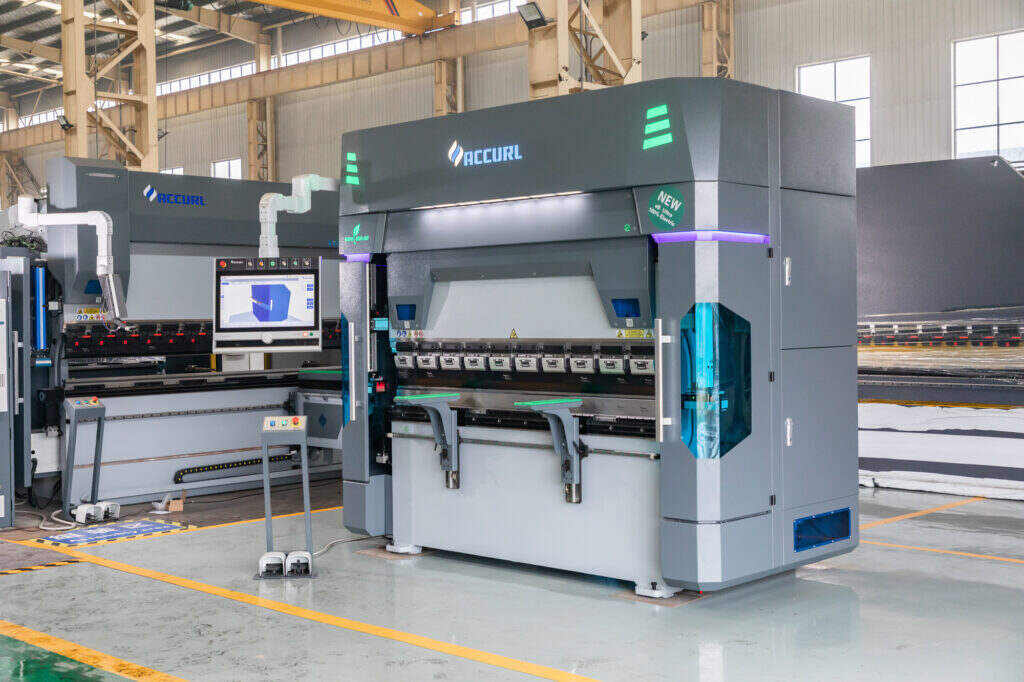In the realm of industrial machinery, precision is paramount. As technology continues to advance, precision manufacturing processes have become increasingly integral to various industries. Fiber laser metal cutting machines stand at the forefront of this evolution, offering unparalleled accuracy and efficiency in metal fabrication.
However, the success of these cutting-edge machines isn’t solely reliant on their technical capabilities; it also hinges on the effectiveness of precision marketing strategies employed by manufacturers and distributors. In this comprehensive exploration, we delve into the intricate relationship between precision marketing and fiber laser metal cutting machine sales.
Understanding Fiber Laser Metal Cutting Machines
Before delving into the nuances of precision marketing, it’s essential to grasp the fundamentals of fiber laser metal cutting machines. These sophisticated devices utilize high-powered lasers to precisely cut through various types of metals with exceptional accuracy and speed.
Unlike traditional cutting methods, such as mechanical sawing or plasma cutting, fiber laser technology offers several distinct advantages:

1. Unrivaled Precision
Fiber laser metal cutting machines are renowned for their unparalleled precision, capable of creating intricate designs, and achieving tight tolerances with minimal material wastage. This precision is especially crucial in industries where even the slightest deviation can lead to costly errors.
2. Versatility
One of the key strengths of fiber laser technology lies in its versatility. These machines can cut through a wide range of materials, including stainless steel, aluminum, copper, brass, and more. This versatility makes them indispensable across various industries, from automotive manufacturing to aerospace engineering.
3. Efficiency and Speed
In today’s fast-paced manufacturing environment, efficiency is paramount. Fiber laser metal cutting machines offer rapid cutting speeds, allowing manufacturers to streamline their production processes and meet tight deadlines without compromising on quality.
4. Minimal Maintenance
Compared to traditional cutting methods, fiber laser machines require minimal maintenance, resulting in lower downtime and increased productivity. Additionally, their solid-state design eliminates the need for consumable parts, further reducing operational costs.
The Role of Precision Marketing
While the technical superiority of fiber laser metal cutting machines is undeniable, success in the market hinges on effective marketing strategies. Precision marketing, in particular, plays a pivotal role in reaching target audiences, driving demand, and ultimately boosting sales.
But what exactly does precision marketing entail, and how does it impact the sale of these advanced manufacturing tools?

1. Targeted Audience Segmentation
At the heart of precision marketing lies the concept of audience segmentation. Rather than adopting a one-size-fits-all approach, manufacturers must identify and target specific market segments that are most likely to benefit from fiber laser metal cutting technology.
This requires a deep understanding of the needs, preferences, and pain points of different customer groups, ranging from small-scale workshops to large-scale industrial facilities.
2. Personalized Messaging
Once target segments have been identified, the next step is to craft personalized marketing messages that resonate with each audience segment. This involves tailoring content, imagery, and language to address the unique challenges and aspirations of potential customers.
Whether highlighting the cost-saving benefits for budget-conscious businesses or emphasizing the precision and quality of high-end manufacturers, personalized messaging is essential for capturing attention and driving engagement.
3. Utilization of Data Analytics
In the digital age, data is king. Precision marketing leverages advanced analytics tools to gather insights into customer behavior, preferences, and purchasing patterns.
By analyzing data from various sources, including website traffic, social media interactions, and email campaigns, manufacturers can refine their marketing strategies and optimize their outreach efforts. This data-driven approach enables them to identify emerging trends, anticipate market demands, and stay one step ahead of the competition.
4. Omnichannel Marketing Approach
To maximize reach and engagement, precision marketing employs an omnichannel approach, leveraging multiple touchpoints to connect with potential customers.
This includes a combination of online channels such as websites, social media platforms, and email marketing, as well as offline channels like trade shows, industry conferences, and direct mail campaigns.
By maintaining a consistent brand presence across diverse channels, manufacturers can effectively nurture leads and guide prospects through the sales funnel.
The Future of Precision Marketing in Manufacturing
As technology continues to evolve and customer expectations evolve, the role of precision marketing in manufacturing will only grow in significance. Let’s explore several key aspects shaping the future of precision marketing in the manufacturing sector:

1. Integration of Artificial Intelligence (AI) and Machine Learning
Artificial intelligence (AI) and machine learning algorithms are poised to revolutionize precision marketing in manufacturing. By analyzing vast amounts of data, AI-powered systems can identify patterns, predict customer behavior, and optimize marketing campaigns in real time.
From dynamic pricing strategies to personalized product recommendations, AI-driven marketing automation tools will enable manufacturers to deliver highly targeted and relevant messages to their audience.
2. Enhanced Customer Experience through Personalization
In the future, precision marketing will focus on delivering hyper-personalized experiences to customers. By leveraging advanced data analytics and customer relationship management (CRM) systems, manufacturers can create tailored marketing campaigns that resonate with individual preferences and behaviors.
Whether through personalized emails, customized product configurations, or interactive content, manufacturers will prioritize enhancing the overall customer experience to foster long-term loyalty and advocacy.
3. Embrace of Augmented Reality (AR) and Virtual Reality (VR) Technologies
Augmented reality (AR) and virtual reality (VR) technologies offer exciting opportunities for manufacturers to engage with customers in immersive ways.
In the future, precision marketing strategies may incorporate AR/VR applications that allow prospects to visualize how fiber laser metal cutting machines operate in their facilities. Immersive demos and virtual tours enable manufacturers to showcase machines effectively, captivating audiences with capabilities.
4. Seamless Integration of Online and Offline Channels
The distinction between online and offline marketing channels will continue to blur as manufacturers strive to deliver seamless and integrated experiences to customers.
Precision marketing in the future merges digital (websites, social media) with offline (trade shows, stores) for cohesive branding. Leveraging beacon technology and NFC, manufacturers bridge the physical-digital gap, ensuring consistent messaging and engagement.
5. Emphasis on Sustainability and Corporate Social Responsibility (CSR)
As environmental concerns and ethical considerations gain prominence, manufacturers will increasingly incorporate sustainability and corporate social responsibility (CSR) initiatives into their precision marketing strategies.
Manufacturers prioritize eco-friendly practices, aligning with consumer values through energy efficiency, sustainable materials, and recycling. By demonstrating a commitment to sustainability and CSR, manufacturers can enhance brand reputation and appeal to a growing segment of socially responsible customers.
Conclusion
In conclusion, precision marketing plays a pivotal role in driving the sales success of fiber laser metal cutting machines.
As manufacturing evolves, manufacturers drive growth by segmenting audiences, personalizing messaging, leveraging analytics, and adopting omnichannel strategies. Consequently, precision marketing becomes essential for competitiveness and seizing emerging market opportunities.










